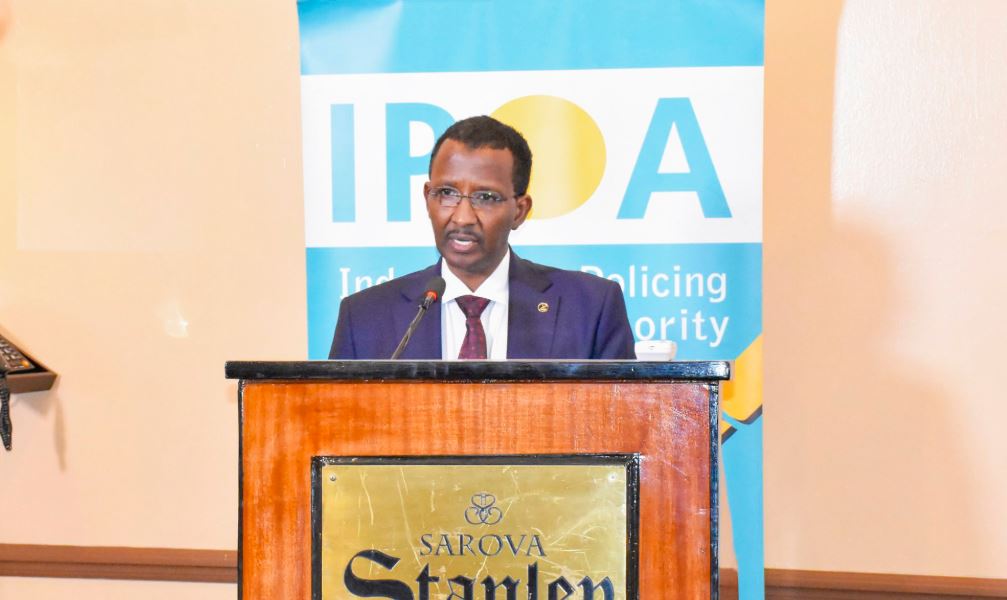The Independent Policing Oversight Authority (Ipoa) has raised alarm over inadequate resources and funding delays that continue to cripple its oversight mandate. Chairperson Isaac Hassan said despite being an independent body, Ipoa still relies on the Interior Ministry to approve its budget before it is submitted to the National Assembly, a process that undermines its autonomy.
Hassan noted that the authority currently operates with only 77 investigators and a total workforce of 284 against a police force of about 125,000. This, he said, hampers the authority’s ability to effectively investigate complaints against police officers. Ipoa’s approved staffing level is 1,300, with 490 positions reserved for investigators.
“What we’re lacking is personnel. We are severely under-resourced and have been lobbying the government to allocate more funding to recruit investigators, lawyers, and other staff,” Hassan said during a journalist training forum in Bamburi, Mombasa, organized by Missing Voices, a coalition of civil society groups advocating against extrajudicial killings and enforced disappearances.
He revealed that 184 case files arising from the 2022 post-election unrest and the Gen Z protests of 2023 are still pending at the Office of the Director of Public Prosecutions (ODPP). He further cited frequent challenges in accessing critical documents such as Occurrence Books (OBs) and arms registers, describing the police force’s “blue code of silence” as a major obstacle.
While acknowledging that the current Inspector General of Police has been more cooperative, Hassan stressed that limited access and poor cooperation continue to derail justice for victims. He added that Ipoa’s investigators include professionals with experience from the DCI, Internal Affairs, military police, and intelligence service.
At the same forum, Witness Protection Agency Director Nelson Njiri also decried insufficient funding, noting that protecting a family of four costs about Sh5 million annually. Despite financial constraints, Njiri said the agency has been pivotal in securing convictions and remains one of the few functional witness protection bodies in Africa.
Both Ipoa and the Witness Protection Agency underscored the urgent need for stronger state support to ensure accountability, transparency, and justice in Kenya’s policing and judicial systems.

